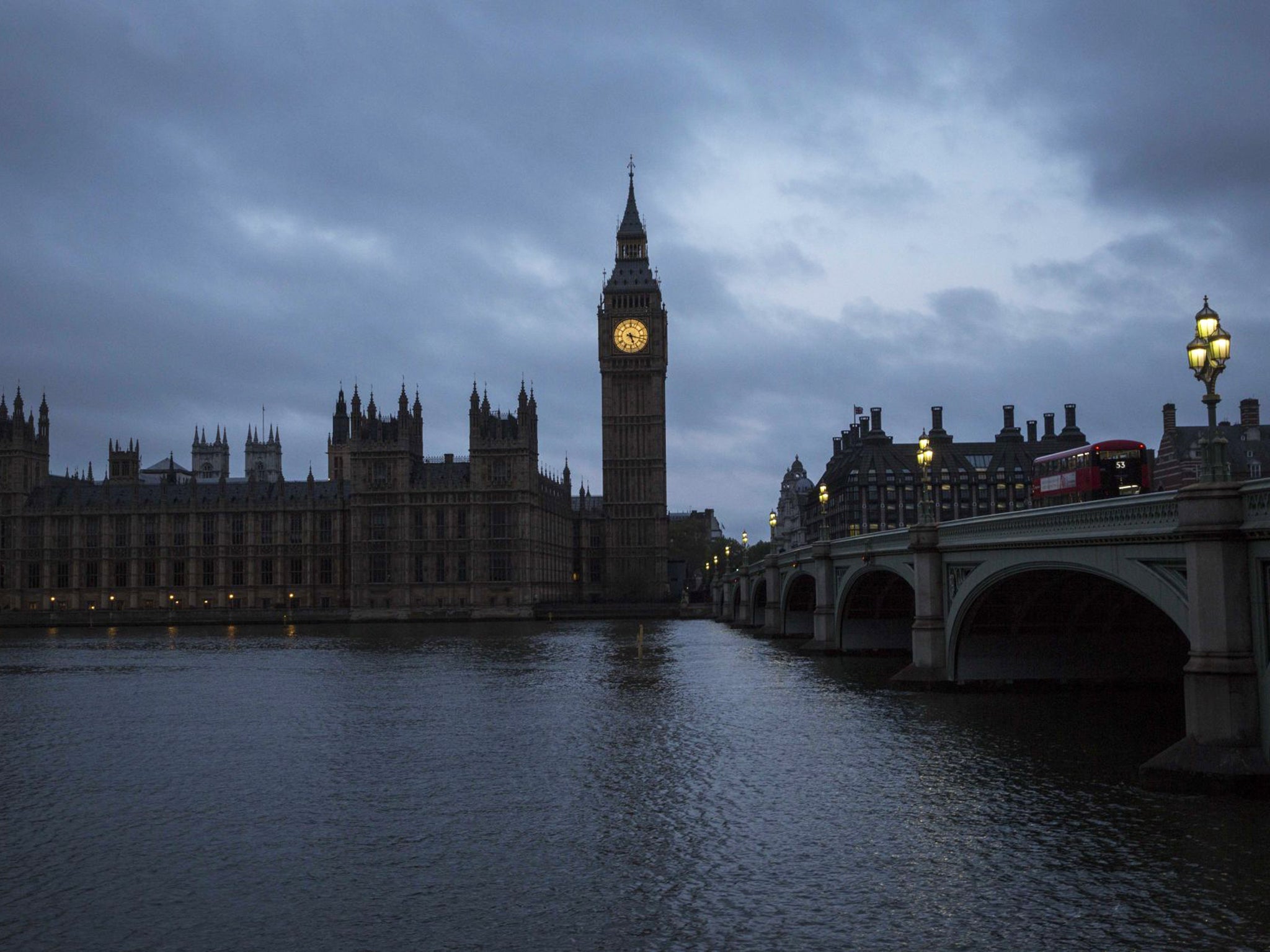George Osborne quietly cuts funding for all of UK's opposition parties
Short money cuts will see Labour, the SNP, the Lib Dems, and smaller parties lose out

The Government has moved to make sharp cuts to state funding to Britain's opposition parties.
So-called “short money”, an annual payment that has been paid to opposition parties since the 1970s, will be cut by 19 per cent subject to parliamentary approval.
Short money is not received by parties in Government and was introduced to allow oppositions to “more effectively fulfil their parliamentary functions”. It is generally used to employ parliamentary staff and meet political office costs.
The cut will affect Labour the most and also take significant chunks of funding from the SNP, Green Party and smaller regional parties.
The cut was not mentioned by George Osborne in his speech to the House of Commons but emerged later when full documentation was released.
“The government has taken a series of steps to reduce the cost of politics, including cutting and freezing ministerial pay, abolishing pensions for councillors in England and legislating to reduce the size of the House of Commons,” the spending review says.
“However, since 2010, there has been no contribution by political parties to tackling the deficit. Subject to confirmation by Parliament, the government proposes to reduce Short Money allocations by 19 per cent, in line with the average savings made from unprotected Whitehall departments over this Spending Review.”

The payments will then be frozen in cash terms for the rest of the Parliament, removing automatic rises with inflation. Grants for policy development will also be cut by the same amount.
The Government says the cost of short money has risen from £6.9 million in 2010-11 to £9.3 million in 2015-16.
Katie Ghose, chief executive of the Electoral Reform Society, which campaigns for democratic reform, said the cut would be likely to damage government accountability.
“The decision to cut public funding for opposition parties by 19% is bad news for democracy. The UK already spends just a tenth of the European average on funding parties," she said.
"Short Money is designed to level the playing field and ensure that opposition parties can hold the government of the day to account. This cut could therefore be deeply damaging for accountability.”
The cuts, if they go ahead, could be particularly damaging for Labour, which has reportedly been shunned by wealthy donors since first electing Ed Miliband and then Jeremy Corbyn.
A dramatic increase in subscription-paying ordinary members since Jeremy Corbyn was elected leader could help make up the difference, however.
The unilateral move by the Government to cut the payments is in contrast to the usual consensus approach taken on matters party funding form.
Labour current receives around £6.2 million a year while the SNP gets £1.2m. Ukip is entitled to around £650,000 but has previously said it would not accept the payments.
Since the 2015 election the Liberal Democrats are paid £540,000 annually, the Green Party receives £212,000, the DUP £166,000, and Plaid Cymru £81,000.
Short money is given to all parties that receive more than 150,000 votes or two seats in the previous election.
Join our commenting forum
Join thought-provoking conversations, follow other Independent readers and see their replies
Comments
Bookmark popover
Removed from bookmarks